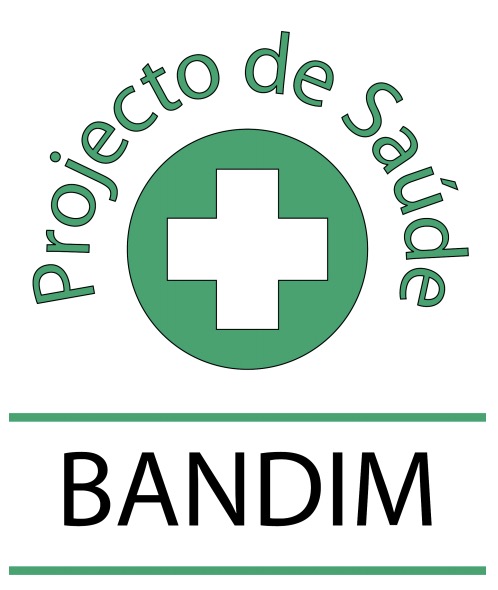Bandim Health Project:
A health and demographic surveillance system in Guinea-Bissau
Bandim Health Project
The Bandim Health Project follows a population of more than 200,000 individuals in urban and rural Guinea-Bissau. This provides a unique platform for studying health, survival, and health‑intervention uptake.
Bandim Health Project is a collaboration between the Ministry of Health of Guinea-Bissau and the University of Southern Denmark. Formally, it is placed under the Bissau-Guinean National Institute of Public Health (Instituto Nacional de Saúde Publica, INASA). The main offices are placed in the suburb Bandim of Guinea-Bissau’s capital Bissau.
Several research groups build on the Bandim Health Project platform:
